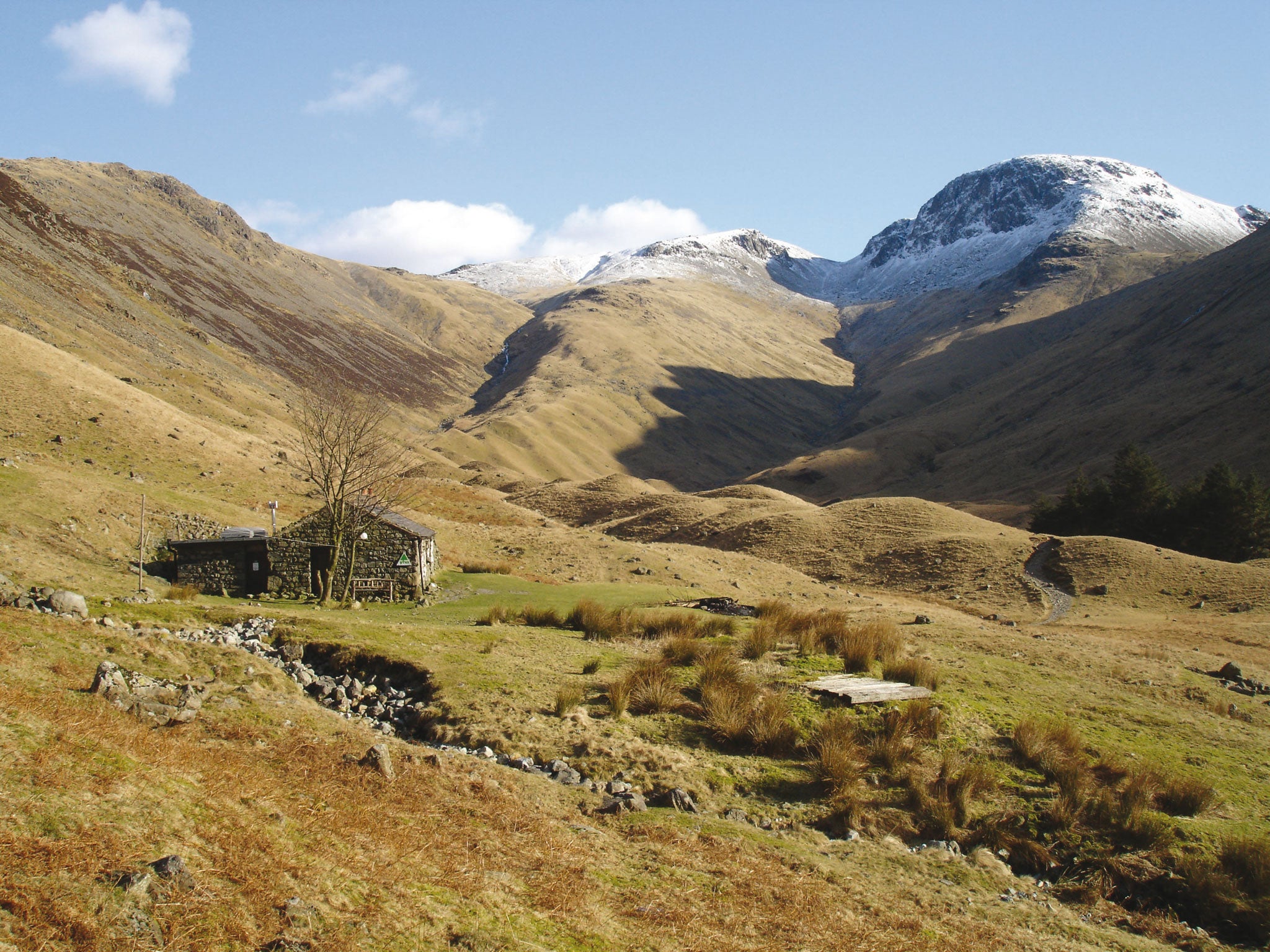Crunch vote on nuclear dump in Lake District
Plans to bury radioactive waste in Cumbria face growing local opposition. Mike Glover reports

Your support helps us to tell the story
From reproductive rights to climate change to Big Tech, The Independent is on the ground when the story is developing. Whether it's investigating the financials of Elon Musk's pro-Trump PAC or producing our latest documentary, 'The A Word', which shines a light on the American women fighting for reproductive rights, we know how important it is to parse out the facts from the messaging.
At such a critical moment in US history, we need reporters on the ground. Your donation allows us to keep sending journalists to speak to both sides of the story.
The Independent is trusted by Americans across the entire political spectrum. And unlike many other quality news outlets, we choose not to lock Americans out of our reporting and analysis with paywalls. We believe quality journalism should be available to everyone, paid for by those who can afford it.
Your support makes all the difference.Proposals to store nuclear waste under England's largest national park and other areas of outstanding natural beauty will face stormy opposition this week. A decision to abandon or press on with a nuclear waste dump in Cumbria will be made by three councils on Wednesday. The result will have major implications for energy policy, experts warn.
Copeland and Allerdale borough councils and Cumbria County Council will separately vote whether to advance to detailed geological surveys for the dump. Three possible sites – Ennerdale, Eskdale and the Solway Plain – have been identified. All three delayed a vote last November after councillors sought and got government assurances that they could reject the deal later.
But the delay has allowed a dramatic escalation in opposition. Yesterday protesters from Spand (Solway Plain Against Nuclear Dump) presented a 3,600-signature petition to county councillor Tony Markley, who wants the proposals to go to the next stage. In December an online petition attracted more than 6,000 signatories and a series of public meetings has seen a groundswell of opposition. At one meeting, in Keswick this month, 600 people voted to stop the process.
Influential groups including the Lake District National Park Authority and Cumbria Tourism are concerned that the proposed dump is already damaging the Lake District "brand". Park authority chairman Bill Jefferson, in a letter to the energy minister Baroness Verma, warned: "There are growing and increasingly widespread concerns that a repository below the National Park, or indeed the perception of such a proposal, would not be in the long-term interests of the Lake District, its farming and resident communities and visitor economy."
Jack Ellerby, of Friends of the Lake District, said: "Public anxiety, by a wide range of interests and communities potentially affected, about the neutrality of the decision-making process is growing. The process has lost the trust of the people and businesses of Cumbria."
Petition organiser Susan Mathieson, of Ambleside, said: "Voting no would force the Government to take a more responsible attitude in its plans for nuclear expansion – burying the waste out of sight is not the safe answer to this dilemma." Peter Maher, a retired headteacher from Ennerdale, said: "They spent millions on consultation and yet the vast majority who turned up at a meeting locally had very little idea of what was involved. We were horrified."
The Nuclear Industry Association chairman, Lord Hutton, a former Cumbrian MP, has warned that a no vote by councillors would be an injustice for future generations. There is no alternative to a deep underground facility, he argues. Until now, all high-level nuclear waste – spent fuel rods sent by train from the UK's nuclear plants to Sellafield for reprocessing – has been stored in concrete buildings at the plant.
The Government and the industry are anxious for a permanent solution, especially after a National Audit Office report last November concluded an "intolerable risk" was being posed by hazardous waste stored in run-down buildings at Sellafield. A previous site near Sellafield was rejected as unsuitable in 1997.
The most recent idea saw councils asked to volunteer to house the waste but only one area – West Cumbria –has stayed the course. Thousands of local jobs depend on the industry.
Join our commenting forum
Join thought-provoking conversations, follow other Independent readers and see their replies
Comments